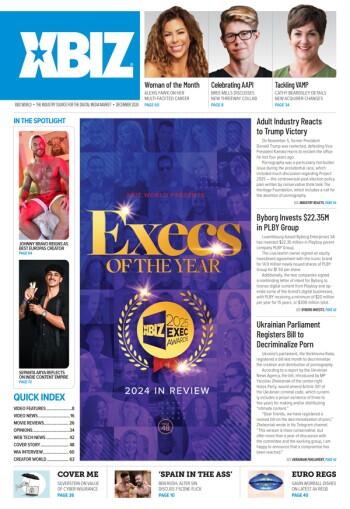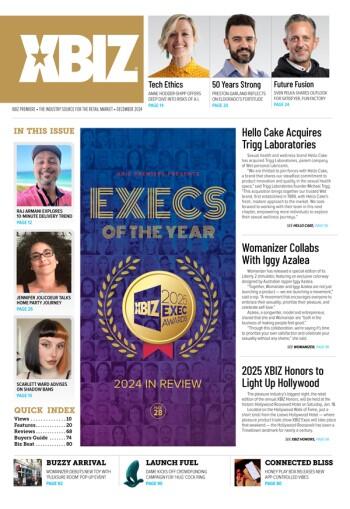AudoAdmit, which calls itself the "most prestigious college discussion board" and has generated more than 7 million posts since 2004, lets law students discuss law school admissions policies, post-graduate social networking and the hiring practices of major law firms. One of the plaintiffs in the suit claims posts on the site resulted in personal defamation.
"On GFY, if there is a legal situation and we are subpoenaed to provide documentation or information based on an individual user, we are required to do so and we will do so," Eric Mattis, vice president of marketing for ICS Entertainment, which operates the GFY.com website, told XBIZ. "We won't just frivolously hand out information. As far as our users are concerned we do like a level of anonymity. If it does go to a legal matter, we are legally obligated to provide that information."
Finding and identifying the posters takes effort. Subpoenas for records would be issued to Internet service providers, and then more subpoenas to companies, institutions or people identified on those records would follow.
"I've said in my blog the most vile posters on [the AudoAdmit] board are two subpoenas away from being outed," Brian Leiter, a professor at University of Texas Law School, said. "This led to much amusement by the anonymous posters on the board. But they are about to find out that this is how it works."
The plaintiff in the suit claiming defamation, a graduate of Stanford called "Doe I," was the target of poster "STANFORDtroll" who started a thread in 2005 called "Stupid Bitch to Enter Yale Law," according to documents filed before the court. Another poster threatened to rape and sodomize her, the documents said. Other posts made disparaging claims about her academic record and urged users to warn law firms, accused her of bribing Yale officials to gain admission and of forming a lesbian relationship with a Yale administrator, the court papers said.
The plaintiff learned of the Internet attack in the summer of 2005 before moving to Yale in Connecticut. She believes the harassing remarks, which lasted nearly two years, cost her an important summer internship. After interviewing with 16 firms, she received only four callbacks and ultimately had no offers — despite her qualifications.
The second plaintiff, identified as "Doe II," endured similar attacks. Saying they suffered substantial "psychological and economic injury," the plaintiffs also sued a former manager of the site because he refused to remove disparaging messages. The manager had cited free-speech protections.







